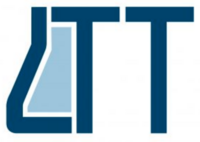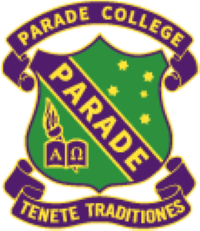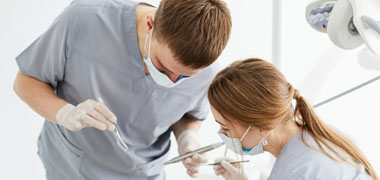
This role has a low level of AI exposure. Core skills such as adaptability, social intelligence, and complex physical tasks remain beyond the capabilities of current AI.
Explore all careersA Laboratory Assistant conducts tests and collects samples in scientific settings, ensuring accuracy, safety, and effective teamwork while using specialised equipment.
Get qualified to work as a Laboratory Assistant with a course recognised across Australia. Speak to a training provider to learn more.











In Australia, a full time Laboratory Assistant generally earns $1,100 per week ($57,200 annual salary) before tax. This is a median figure for full-time employees and should be considered a guide only. As you gain more experience you can expect a potentially higher salary than people who are new to the industry.
 Courses.com.au Team
Courses.com.au Team
This industry has seen stable employment numbers over the last five years. There are currently 6,200 people working in this area in Australia and many of them specialise as a Laboratory Assistant. Laboratory Assistants usually work in larger towns and cities where laboratory facilities are located.
Source: Australian Government Labour Market Insights
 Courses.com.au Team
Courses.com.au Team
If you’re interested in a career as a Laboratory Assistant, consider enrolling in a Certificate IV in Science (Biology). This course covers a range of topics including laboratory safety, working in the field, solving mathematical problems, using maths to solve scientific problems and preparing for further study.
 Courses.com.au Team
Courses.com.au Team
Browse occupations related to Laboratory Assistant



If you are looking to start a rewarding career in the health sciences, consider enrolling in one of the many Laboratory Assistant courses in Melbourne. With a diverse range of options, including beginner courses such as the Certificate III in Laboratory Skills MSL30122 and the Venous Blood Collection Skill Set HLTSS00059, there’s something to suit all levels of experience. These introductory qualifications are designed for those with no prior experience, providing essential knowledge and skills necessary for a successful start in the laboratory environment.
For more experienced learners, the Melbourne area offers advanced Laboratory Assistant courses in Melbourne, such as the Certificate IV in Laboratory Techniques MSL40122 and the Diploma of Laboratory Technology MSL50122. These courses are ideal for those looking to enhance their qualifications and deepen their expertise in laboratory practices. With four advanced courses available, you will gain the higher-level skills needed to excel in various laboratory settings.
Several esteemed training providers in Melbourne deliver these Laboratory Assistant courses in Melbourne. Institutions such as LTTV, Parade College, and Swinburne University of Technology are recognised for their commitment to quality education. By choosing to study with one of these reputable providers, you can be assured of receiving top-notch training that meets industry standards.
Completing a Laboratory Assistant course in Melbourne opens doors to numerous career opportunities in healthcare, science, and related fields. For further exploration, you can also look into related areas of study such as Healthcare courses, Science courses, and specific disciplines like Medicine and Biology. Equip yourself with the skills and knowledge needed for a fruitful career in the laboratory sector by enrolling in one of the fantastic courses available in Melbourne today!